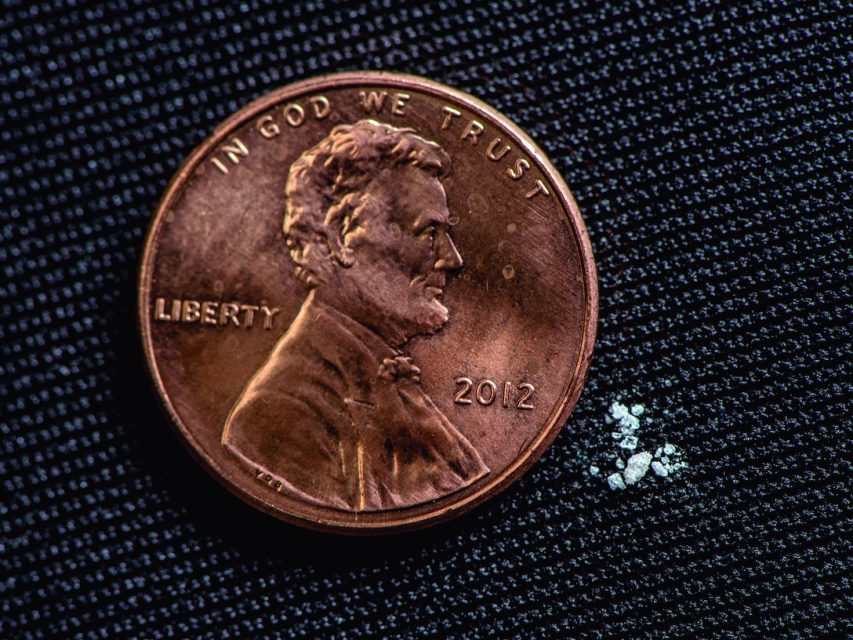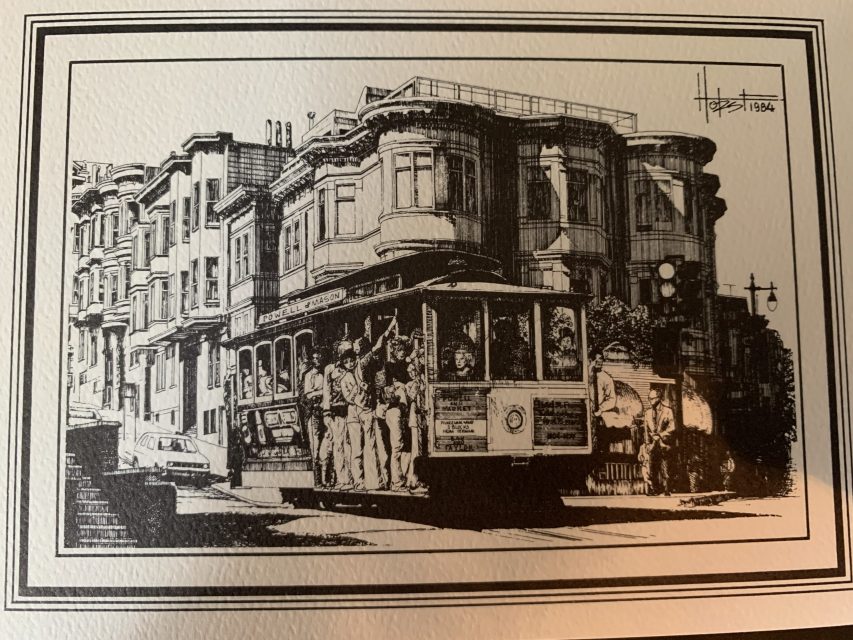So, politics is a bit like cruising the singles ads. Governing: That’s a relationship. San Francisco excels at politics. San Francisco struggles at governing. Politics is exciting. Governing’s harder.
San Francisco, it would seem, has broken up with Mayor London Breed after a tumultuous six-and-a-half years. And we’ve found someone new. And, get this: He’s a really nice guy. But he’s never been in a relationship.
So, we have no idea how things are going to go. And, truth be told, neither does he. Mayor-elect Daniel Lurie has never held conventional employment, and he’s certainly never had a job like this.
The degree-of-difficulty for the next mayor of San Francisco has officially been ratcheted to “triple lindy.” The city is facing a crushing deficit at the same time that our traditional downtown office revenue model has been relegated to rayon blazers with shoulder-pads nostalgia. That tall, black-cloaked figure with the scythe who just boarded your BART or Muni vehicle? Could be a weirdo. Or it could be a harbinger of transit doom (and there is no downtown recovery without functioning transit).
San Francisco’s drug and homelessness situations remain suboptimal. The city will have to deal with a state-mandated rezoning — and interest rates, like Sherlock Holmes’ preferred cocaine solution, are hitting 7 percent. The forthcoming San Francisco Unified School District budget ought to come with a fifth of Jack Daniel’s. The Giants continue to attempt to draw people to the ballpark to watch a series of interchangeable, bearded .250 hitters.
These are the times that try men’s souls.
And all of that would be the case even without a vindictive authoritarian narcissist being elected president and full well having the ability to crater San Francisco’s budget if he feels like it that day. But that happened, too.
In short: San Francisco has issues. And this will be Daniel Lurie’s first relationship.
More than $16 million was raised by and for Lurie’s winning mayoral effort. That’s enough to purchase around four M1 Abrams tanks.
Lurie’s competitors certainly felt like they’d been run over by a tank. Breed on election night griped that the city is “not for sale.” But that’s debatable: Chester Hartman’s 1984 masterwork on San Francisco is, in fact, titled “City for Sale.” More to the point, it wasn’t money alone that won the day for Lurie and doomed Breed.
Having essentially unlimited money never hurts, but TogetherSF/Mark Farrell/Prop. D had heaps of money, too, and that wasn’t enough.
Prop. D raised over $9.5 million, while Prop. E raised $69,159

Chart by Kelly Waldron. Data from the San Francisco Ethics Commission.
Lurie’s ability to stay relentlessly on-message — with the message being that he is an outsider who had no part in our government’s mismanagement — also won him this race. As did the fact he’s a fundamentally nice and decent man, which nobody is denying. In the end, it wasn’t a close election.
But if winning was easy, governing’s harder.
To start with, in governing you ought to eventually say what you’re going to do — and, to an extent, do it. Which brings us to Lurie’s much-repeated pledge to declare a fentanyl state of emergency on “Day One.”
There’s just one problem: You can’t do it.
 A potentially lethal 2 mg dose of fentanyl
A potentially lethal 2 mg dose of fentanyl
Let us start with the premise that drugs are bad. Let us continue by noting that fentanyl is a game-changer in the worst way, and a scourge on this and most every city. Clearly the status quo is not acceptable.
All true. But you can’t declare a fentanyl state of emergency.
You may recall the “Tenderloin State of Emergency” Mayor London Breed declared, which was approved via an 8-2 Board of Supervisors vote in late December 2021.
Did Breed and her office first look into declaring a fentanyl state of emergency? Of course they did. But we have learned that they were informed by the city attorney’s office that they couldn’t do this, which led to a bit of legislative legerdemain to make it a “Tenderloin” state of emergency instead.
That’s because, legally, there is a definition of what constitutes an “emergency.” You can turn to page 11 of this memo from the San Francisco City Attorney in 2005 regarding emergency declarations, where it helpfully asks and answers “What is an emergency?”
“An emergency, for purposes of the Charter” is an “unforeseen occurrence or combination of occurrences which calls for an immediate action or remedy …” notes the memo. “The first test is whether the emergency situation is sudden or unexpected. The situation must be something that the City could not have specifically anticipated and prevented, such as an earthquake or a terrorist attack.”
As bad as drugs are, and as awful as fentanyl is, it is neither sudden nor unexpected (neither, for that matter, is “homelessness,” so you couldn’t declare a “homelessness state of emergency” either). Fentanyl has been here a while and its appearance in this town was the very opposite of unanticipated: It moved from right to left across the nation ravaging cities in its wake, the way children of the 1980s were led to believe that killer bees would.
The state of emergency declared in 2021 was narrowly circumscribed to the Tenderloin and based upon the argument that — suddenly and unexpectedly — a spike in overdoses, crime, the pandemic, etc. had led to a particularly untenable situation in one particular quadrant of the city. Truth be told, it’s not an A+ argument — the Tenderloin, for the last several decades, has not been a garden of earthly delights — but it did pass legal muster.
A “state of emergency” isn’t just a bit of semantics implying that things are bad; it’s a legally actionable term. It allows for no-bid contracts and a notable reduction in governmental checks and balances. To receive state or federal funds, the state or federal government must also declare an emergency, and they, too, are operating off of a definition of an “emergency” that doesn’t include a nebulous and/or longstanding situation.
Finally, while San Francisco’s level of drug-related misery and death is hardly ideal, it’s actually far, far better than in recent years, thereby undercutting any argument that the situation has spiraled out of control and an emergency declaration is required. Even if that was something that could be done.
All of which is to say: Pledging a fentanyl state of emergency “on Day One” sounds like good politics. But it’s not good government, because you can’t deliver.
Governing’s harder.
 A Horst Kampschulte hand-drawn postcard from 1984.
A Horst Kampschulte hand-drawn postcard from 1984.
Lurie’s announcement last week, about his transition team, drew particular attention. And that’s not just because of the names on it — most notably, OpenAI CEO Sam Altman (and, Altman’s complete opposite, longtime former controller and “adult in the room” Ben Rosenfield). It’s also because Lurie has no government record, so nobody can know how he’ll handle his new role. Every bit of information is grabbed with both hands and overanalyzed: This means something!
We have no idea who Lurie will listen to. We have no idea who will stay and who will go. We have no idea if it means more that the buses have never run better, or that city merchants and residents in tonier enclaves are infuriated by street-use plans, all of which is under the aegis of MTA director Jeffrey Tumlin.
So, we have no idea how things are going to go. And, truth be told, neither does Lurie. But that needn’t be a knock: How could he know? He’s never done anything like this before. Perhaps it’s for the best to not have so many preconceived notions.
If Lurie is looking for silver linings as he begins his hard job, here are two: It’s difficult to think of a mayor that more San Franciscans are pulling for; there’s simply too much at stake for cheap partisanship. And, in the end, nobody is claiming he isn’t a nice and decent man.
And that’s important. Relationships flourish. Relationships sour. Things may go well. Things may go badly. Perhaps it’ll be something in-between. But, in the words of Max Robinson, “try to keep your integrity. Because you’re going to find out in life at the end, that’s all you got.”
Copyright for syndicated content belongs to the linked Source link








